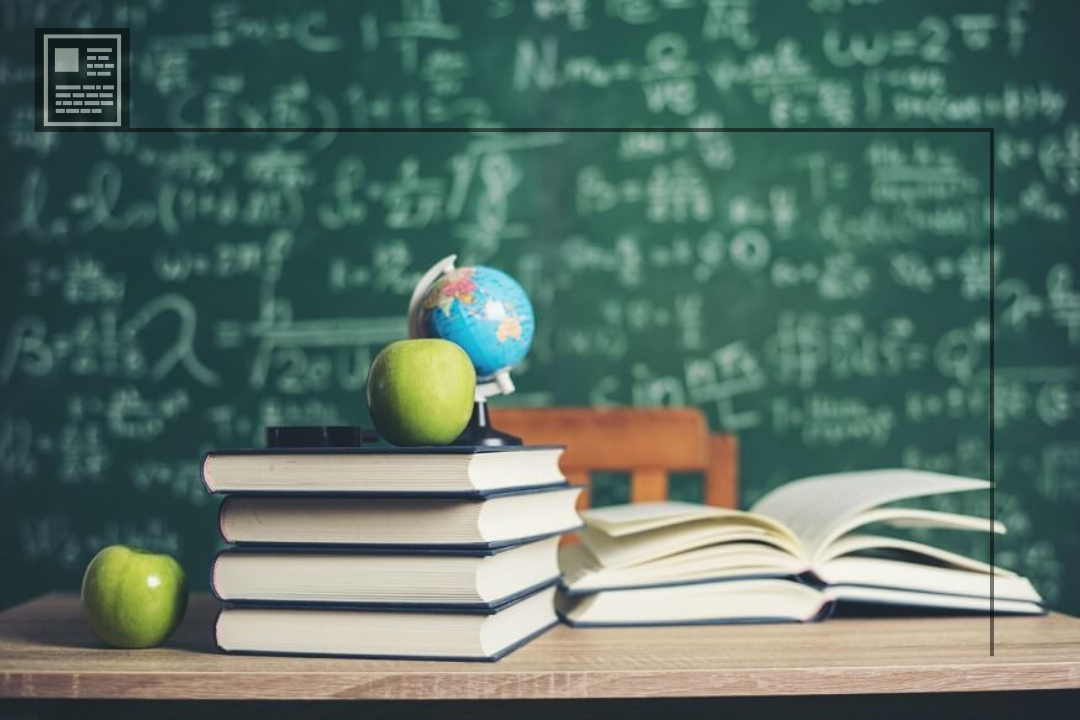The world is evolving faster than ever before. Technology, innovation, and global challenges are reshaping industries, careers, and even how we live day-to-day. In this shifting landscape, education is no longer just about memorizing facts it’s about preparing students with the skills they need to thrive in the future. The classroom of tomorrow must focus on creativity, adaptability, and lifelong learning so that every student can confidently step into an uncertain future.
One of the most critical aspects of Education for the Future Skills every student must learn is aligning learning with real-world needs. Employers, entrepreneurs, and communities are searching for individuals who can think critically, solve complex problems, and communicate effectively. These skills are not only essential for career growth but also for building a balanced and meaningful life in the digital era.
1. Critical Thinking and Problem-Solving
Students today must learn how to approach problems logically and creatively. Critical thinking is the foundation of innovation. Whether solving a complex math equation, analyzing historical events, or addressing a real-world issue like climate change, the ability to evaluate information and make reasoned decisions is a must-have skill. Education should shift away from rote learning and move toward engaging projects that challenge students to think deeply and find practical solutions.
2. Digital Literacy and Technology Skills
In a digital-first world, being tech-savvy is no longer optional it’s essential. Students need to understand more than just how to use smartphones or social media. They must gain hands-on experience with coding, data analysis, artificial intelligence, and cybersecurity awareness. Schools that integrate digital literacy into their curriculum prepare students to not only keep up with technology but also lead in innovation.
3. Communication and Collaboration
Strong communication skills open doors in every aspect of life. From writing persuasive essays to presenting ideas in front of a group, students who learn how to express themselves clearly stand out. Alongside communication, collaboration plays a key role. Group projects, team activities, and cross-cultural exchanges help students develop empathy, respect, and teamwork skills that the modern workplace values highly.
4. Creativity and Innovation
Robots and automation can replace repetitive tasks, but they cannot replace human imagination. Creativity is one of the most valuable skills students can carry into the future. Whether it’s through art, design, or even entrepreneurship, creative thinking fuels innovation. Encouraging students to explore new ideas, experiment with projects, and embrace failure as part of the learning process fosters an innovative mindset.
5. Emotional Intelligence and Adaptability
As the pace of life accelerates, emotional intelligence (EQ) is becoming as important as IQ. Students must learn how to manage stress, understand their emotions, and show empathy toward others. Adaptability is another essential trait being open to change, willing to learn new skills, and ready to shift paths when challenges arise. These qualities ensure students can handle setbacks and thrive in dynamic environments.
6. Financial Literacy and Life Skills
Traditional education often overlooks practical knowledge like budgeting, saving, or understanding investments. Financial literacy is a future-proof skill that every student must develop. Along with managing money, students benefit from learning life skills such as decision-making, time management, and goal setting. These empower them to live independently and confidently navigate adulthood.
7. Global Awareness and Sustainability
The challenges we face are global in nature climate change, pandemics, and cultural shifts. Students must grow into responsible global citizens who understand the importance of sustainability, cultural respect, and social responsibility. Education that incorporates global issues and real-world projects instills values of empathy, leadership, and accountability. READ MORE…
8. Lifelong Learning Mindset
Education does not end with graduation. The future belongs to learners who continue to upgrade their skills and knowledge throughout life. Developing curiosity, adaptability, and a growth mindset ensures that students stay relevant in their careers and communities. Schools that promote lifelong learning help students become flexible thinkers who embrace opportunities at every stage of life.
Conclusion
Education for the future is about more than textbooks and exams it’s about preparing students with a toolkit of essential skills that will carry them through life. Critical thinking, digital literacy, communication, creativity, emotional intelligence, financial literacy, and global awareness are not just academic goals but life-ready abilities. By focusing on these future-ready skills, we empower students to lead, innovate, and succeed in a world that is constantly evolving.






